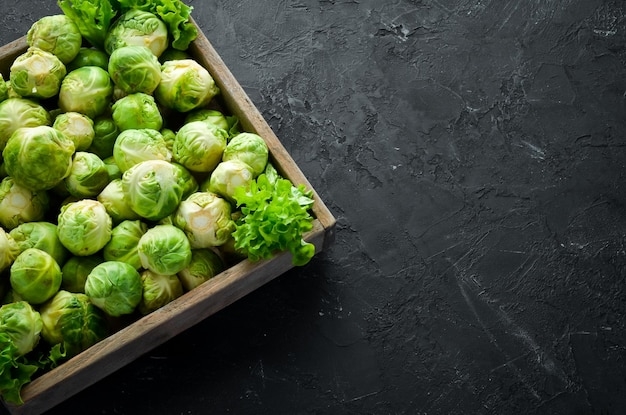Watermelon is a sweet and refreshing fruit that is a favorite during the summer season. Not only is it delicious, but it also contains numerous health benefits. In this article, we will discuss the hydration, vitamin C, and lycopene content found in watermelons per 100g.
What is Watermelon?
Watermelon is a fruit that belongs to the Cucurbitaceae family, which also includes cucumbers, pumpkins, and squash. It is native to Africa but is now grown in many countries around the world. Watermelon is composed of about 92% water and 8% sugar. It comes in many varieties, including seedless and seeded watermelons.
Hydration Content of Watermelon per 100g
Watermelon is an excellent source of hydration due to its high water content. As mentioned earlier, it is composed of about 92% water. Consuming water-rich foods like watermelon can help keep the body hydrated and prevent dehydration, especially during hot weather or when engaging in physical activities.
Drinking fluids, including watermelon juice, can also help in keeping the body hydrated. However, it is important to note that drinking too much watermelon juice may lead to excessive sugar intake.
Vitamin C Content of Watermelon per 100g
Vitamin C is an essential nutrient that the body needs to function properly. It has antioxidant properties that help protect cells from damage caused by free radicals. Vitamin C also aids in collagen production, wound healing, and iron absorption.
Watermelon contains vitamin C, but its amount varies depending on the variety and ripeness of the fruit. On average, a 100g serving of watermelon contains about 8.1mg of vitamin C.
Lycopene Content of Watermelon per 100g
Lycopene is a carotenoid that gives watermelon its red color. It also functions as an antioxidant that helps protect cells from damage. Studies have shown that lycopene intake may reduce the risk of certain types of cancer and heart disease.
In a 100g serving of watermelon, there is an average of 4-5mg of lycopene. The amount of lycopene in watermelon varies depending on the variety and ripeness of the fruit.
Other Nutrients Found in Watermelon per 100g
Aside from hydration, vitamin C, and lycopene, watermelon also contains other essential nutrients.
- Potassium – 112mg
- Magnesium – 10mg
- Calcium – 7mg
- Phosphorus – 11mg
- Vitamin A – 28mcg
- Folate – 3mcg
Benefits of Consuming Watermelon
The following are some of the benefits of consuming watermelon:
- Helps keep the body hydrated
- Rich in antioxidants and other essential nutrients
- May help lower the risk of certain types of cancer and heart disease
- May help improve digestion
- May help reduce inflammation
- May help improve skin and hair health
Ways to Incorporate Watermelon into Your Diet
Watermelon is a versatile fruit that can be consumed in various ways. Here are some ways to incorporate watermelon into your diet:
- Eat it as is
- Add it to salads and smoothies
- Make watermelon juice
- Grill or bake it
FAQs
1. Is it safe to consume watermelon during pregnancy?
Yes, it is safe to consume watermelon during pregnancy. In fact, it is a good source of hydration, vitamin C, and other essential nutrients needed by pregnant women. However, it is always best to consult with a healthcare provider before making any significant changes in one’s diet.
2. Can eating watermelon help with weight loss?
Watermelon can be part of a healthy weight loss diet since it is low in calories and high in water and fiber, which can help keep you feeling full longer. However, it is important to consume it in moderation and to pair it with other healthy foods.
3. Is it okay to eat the watermelon seeds?
Yes, it is safe to eat watermelon seeds. They are a good source of protein, healthy fats, and other essential nutrients. However, some people prefer to remove the seeds before consuming watermelon.
4. Can watermelon be frozen?
Yes, watermelon can be frozen. To freeze watermelon, cut it into small pieces and remove the seeds. Place the pieces in a freezer-safe container and freeze for at least 2 hours. Frozen watermelon can be used as a healthy dessert or added to smoothies or juices.
5. Does watermelon have any side effects?
Watermelon is generally safe to consume in moderate amounts. However, some people may be allergic to it and may experience allergic reactions such as itching and swelling. Additionally, excessive consumption of watermelon may lead to digestive problems due to its high fiber content.
Conclusion
Watermelon is a delicious and refreshing fruit that also offers numerous health benefits. It is an excellent source of hydration and contains essential nutrients like vitamin C, lycopene, potassium, and magnesium. Incorporating watermelon into your diet is a simple and easy way to improve overall health and wellbeing.

















































